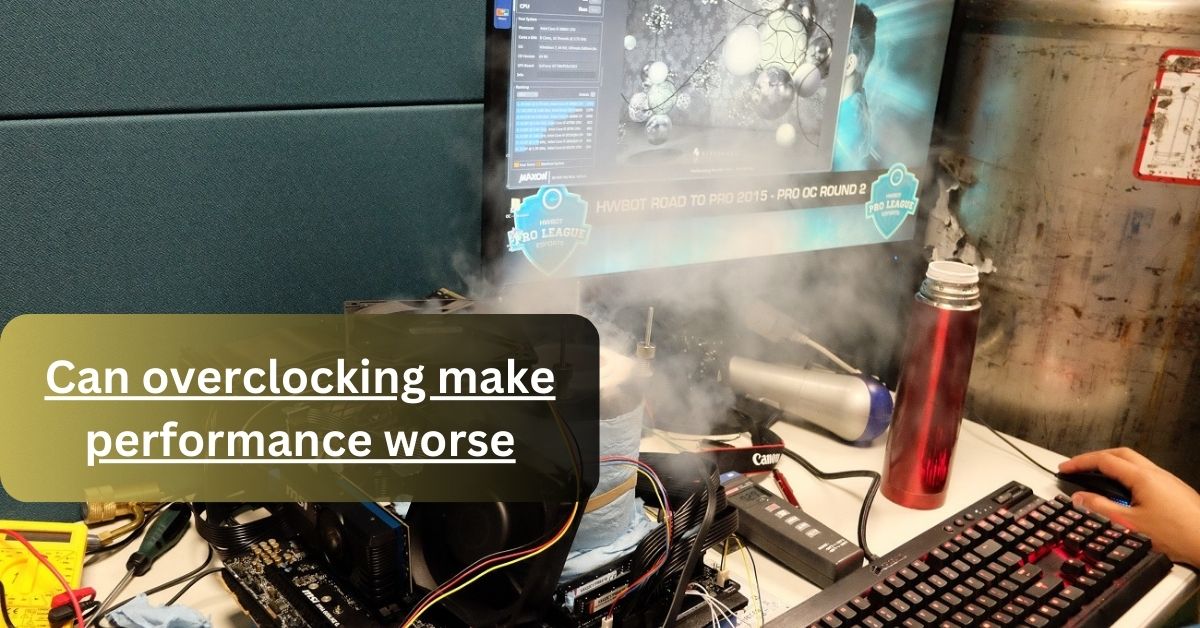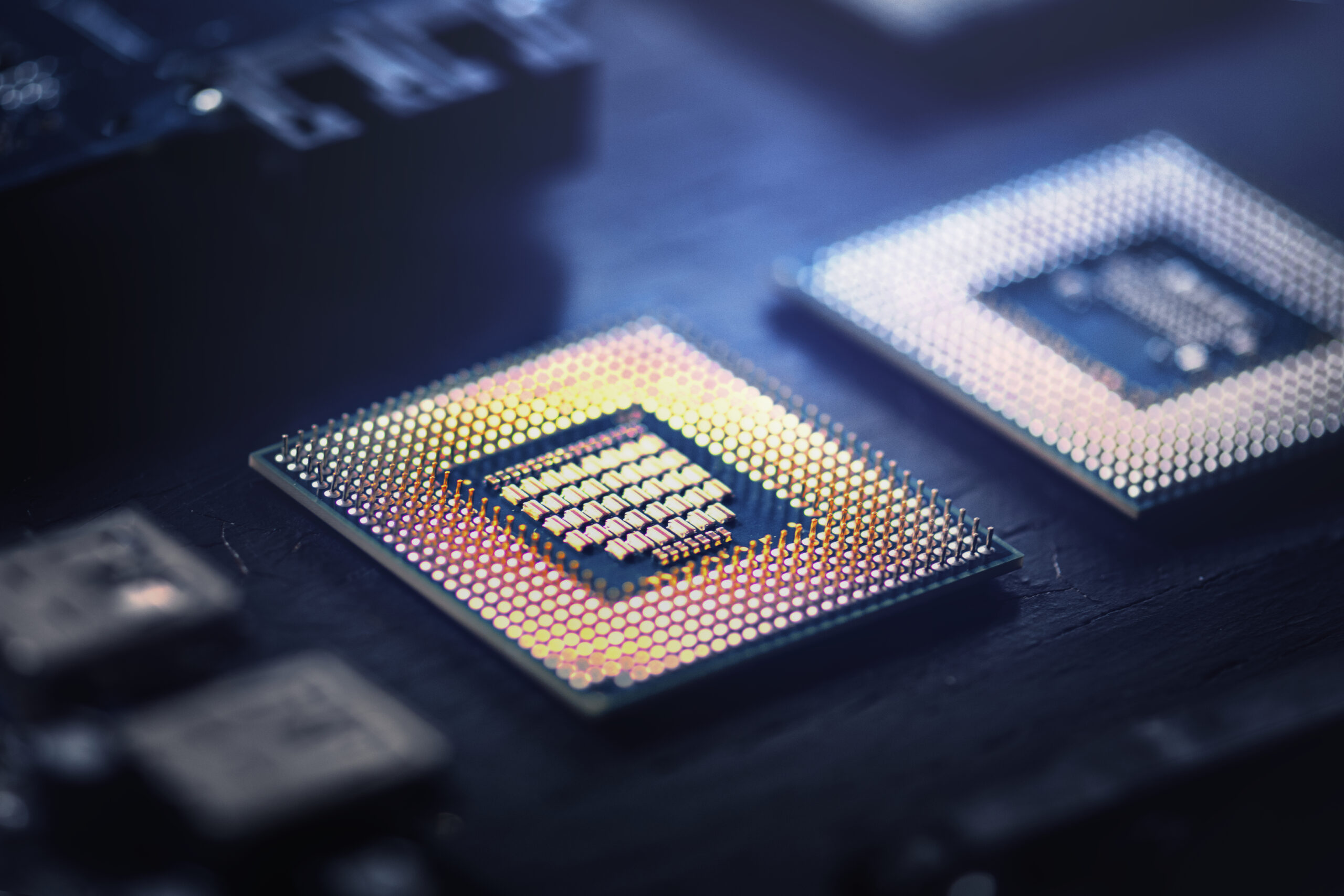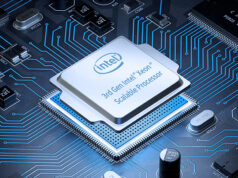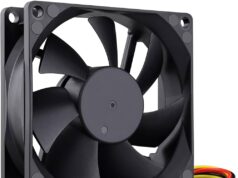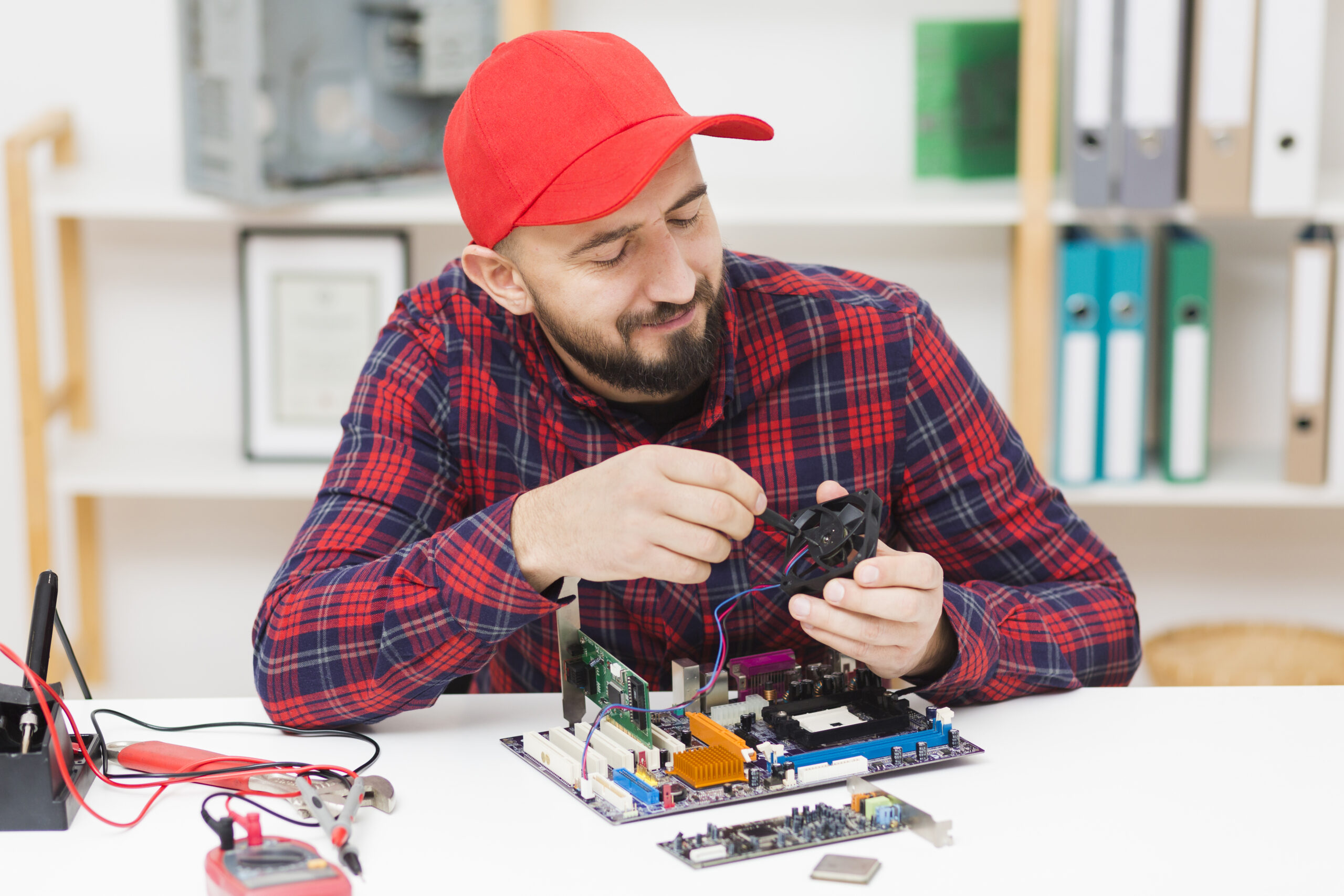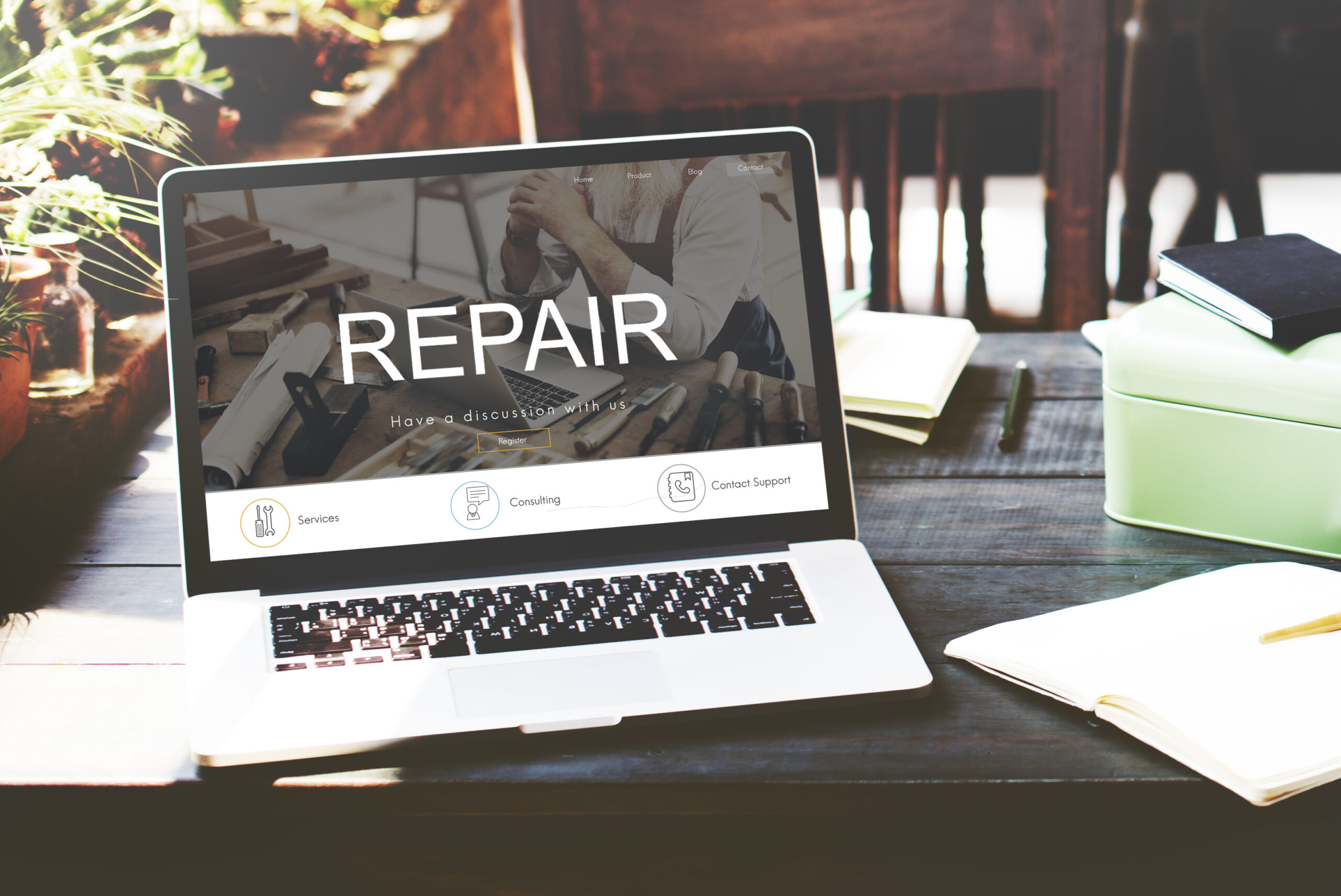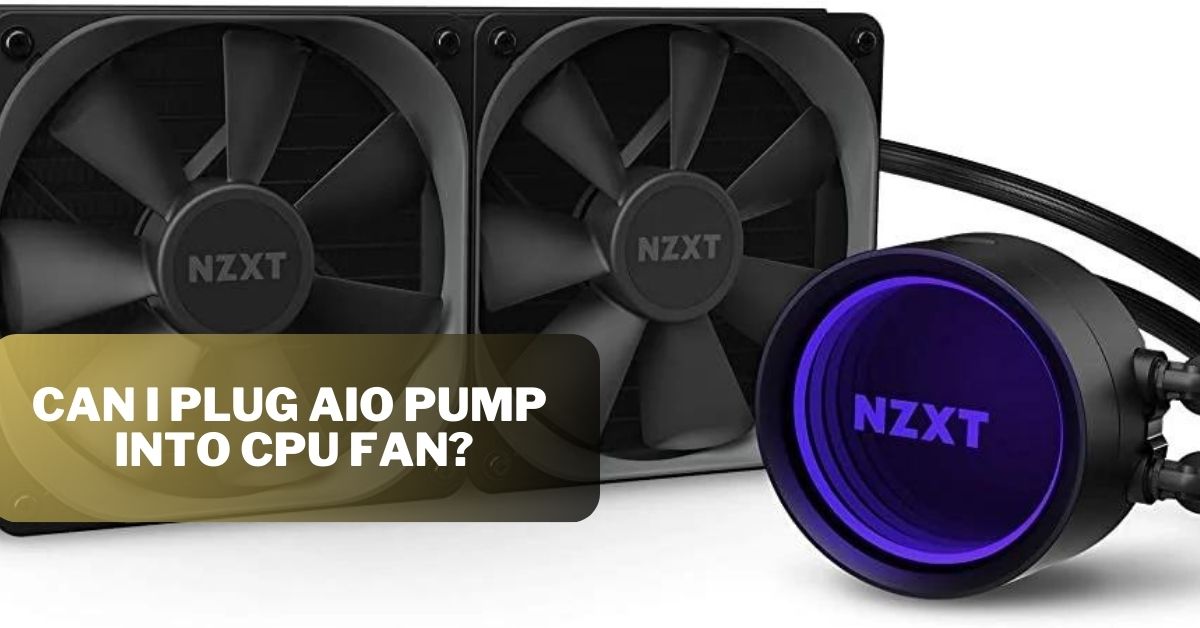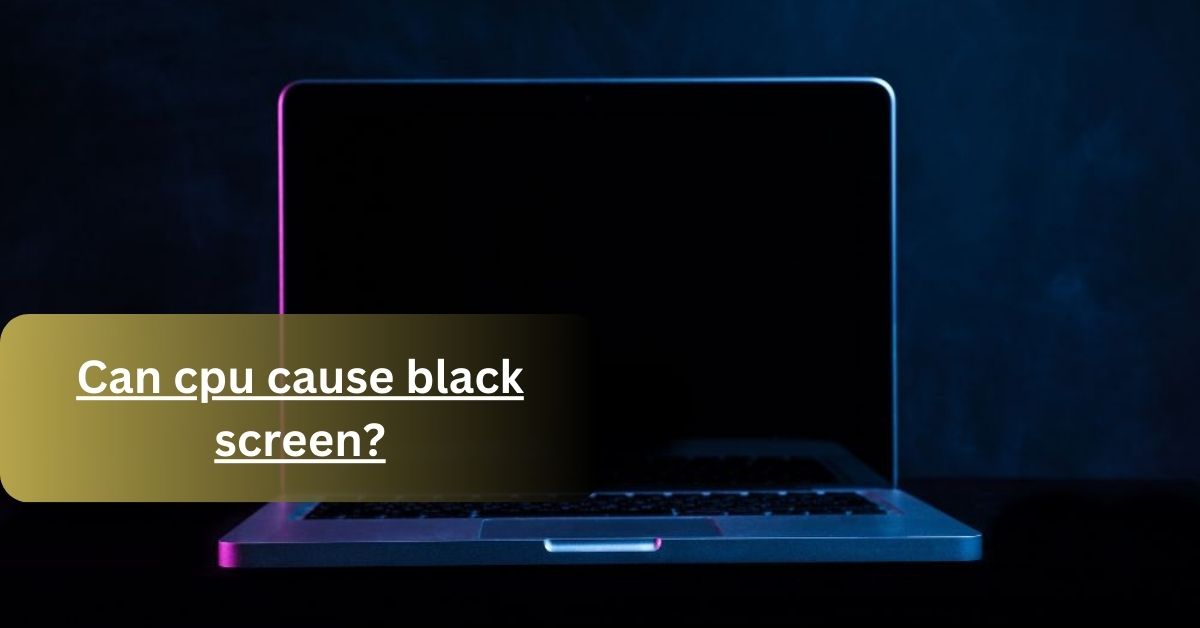Overclocking is a technique that is used to increase the clock speed of your computer. By using this technique you can perform tasks faster than their normal speed.
Overclocking is normally used by gamers because gamers want to boost up the system faster to enjoy and enhance their gaming experience.
Overclocking is not activated on the whole processor, and no specific component is designed for overclocking. You can apply this technique to any component. Most gamers overclock their RAM, CPU, or GPU Because these components can play a vital role in performance.
Now it’s time to move to the main keyword or try to cover the confusion of the audience. Many people questioned, what is the effect of overclocking on the overall performance. or can overclocking make the performance worse? In this article, I’ll clear all the queries. I’ll explain to you the exact method of overclocking which helps you to enhance the performance.
Is Overclocking make performance worse? The answer is not much clear. We can say YES. If you are not using the overclocking method it is recommended by the manufacturer or expert. Overclocking can make the performance worse if you are not using it correctly.
If you use overclocking, then you also have to increase the voltage. The speed of the sny component is measured in hertz. If you increase the maximum, but the voltage remains the same, then it has a bad impact on the overall performance.
Because components consume less voltage but perform fastly and give more efficient results faster. It means it works more and eats less. Because power is consumed as food for any electrical appliance.
It can lead to damage to your component or may affect the whole processor. Overclocking is beneficial but if it is used correctly, otherwise it can dead your whole computer.
Is it safe to overclock at all times?
Yes, overclocking for a long time will damage your component. It will damage your overclocked component like RAM, CPU, and GPU. Due to overclocking, heat is produced to a large extent. And overheating can damage the components very fastly.
But if your cooling system is strong enough to control the maximum heat, Then your components will be safe. But overusing can also create chances of damage.
It is a famous saying “Excess of everything is bad”. So, I never recommend you use overclocking all the time. Overclocking for a time decreases the lifespan of the component. Mostly, professionals also avoid using overclocking.
Gamers use the overclocking only in a safe condition. They usually avoid to overclocked their component if there is any problem in the system or if the cooling system is not working well.
What are the negative effects of CPU overclocking?
There are several negative impacts of overclocking. Some of the drawbacks of overclocking are labeled below:
1. Reduce Lifespan:
The excessive load on any component is not bearable for a long period. The extra burden will surely damage the component after some time. Overclocking is the worst enemy of the overclocked part.
The life span of the company will reduce if you put it on fire ( it means you make an extra load on it). You can only save your gadget if you use it in the correct method.
Or overclocking is used under terms and conditions. You need to follow the measuring steps to increase the life of the device.
2. Power Issue:
Overselling is running a component at a higher speed than its normal speed. For this purpose, you need to provide an extra voltage to gain efficiency.
But some users have no idea about increasing or decreasing the voltage. They just use the overclocking all the time without increasing voltage, you can feel difficulty performing tasks. They face issues like crashing the programs Or may decrease their performance day by day.
3. Stability Issues:
Stability issues usually appear when you overclock the component which even don’t support this property.
If you overclock the RAM, CPU, and GPU, they produce more heat than their normal speed. Due to more heat production, you may face instability issues.
If the component is not damaged by overclocking, then it becomes sensitive and it has a great chance to damage whenever a minor error has appeared.
Read: Does Overclocking Lower Cpu Lifespan? || Benefits & Disadvantages
Conclusion:
It is concluded that overclocking is not recommended by professionals. And it may increase the performance or clock time for that time, but later on, you will face difficulties like overheating, stability issues, and other errors that may occur.
I do not recommend you overclock your gadget until you do not have any knowledge about overclocking and the process to apply overclocking.
FAQ’S
Why overclocking is not worth it?
Overclocking is not worth it. Because it consumes more power than its normal limit. Due to excessive heat production, you need to install a strong cooling system. So, it is not worthy.
Is it a good idea to overclock a CPU?
Overclocking can increase the performance of the CPU. Modern technologies are designed to control the excessive temperature which makes the overclocking more worthful.


